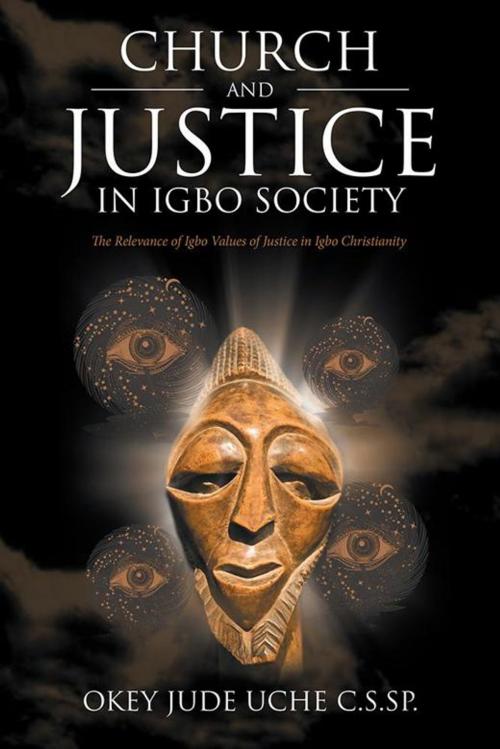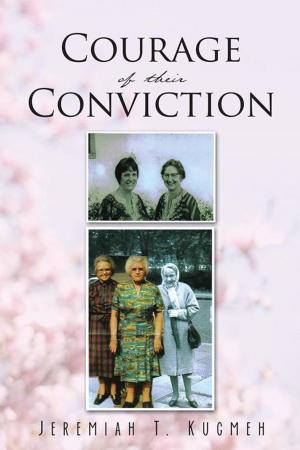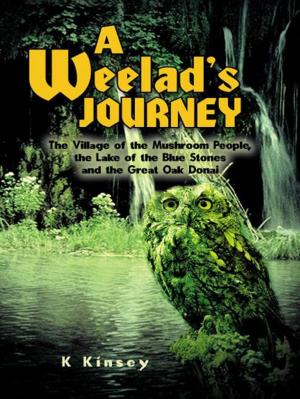Church and Justice in Igbo Society (An Introduction to Igbo Concept of Justice)
The Relevance of Igbo Values of Justice in Igbo Christianity
Nonfiction, Social & Cultural Studies, Political Science, Politics, Practical Politics, Religion & Spirituality, Inspiration & Meditation, Spirituality, Philosophy| Author: | Okey Jude Uche | ISBN: | 9781546201564 |
| Publisher: | AuthorHouse | Publication: | August 23, 2017 |
| Imprint: | AuthorHouse | Language: | English |
| Author: | Okey Jude Uche |
| ISBN: | 9781546201564 |
| Publisher: | AuthorHouse |
| Publication: | August 23, 2017 |
| Imprint: | AuthorHouse |
| Language: | English |
This book is an attempt to explore the Igbo values of social justice in terms of social relationships. The philosophical concept of justice is broadened by the Igbo worldview, the core that shows how social relationships are the web of justice, which makes social connectivity indispensable and possible. The principles of these social relationships appear as obvious values of justice among the Igbo people and are examined in the light of Christian ethical values and their relevance explored in forging Christianity in the Igbo land. This book also acknowledges the difficulties involved in inquiring into the Igbo ethical values because of the integration of religious beliefs and ethical conduct and customs. Given the Igbo example of the Igbo-integrated life, justice simply becomes that inner compulsion that motivates the human in his/her relationships with others and with God. Consequently, the traditional Igbo people were able to build a harmonious, peaceful, and social order that ensured social justice in the Igbo communal and social interconnectivity. The author argues that the Igbo example can facilitate the growth of Christianity in the Igbo land.
This book is an attempt to explore the Igbo values of social justice in terms of social relationships. The philosophical concept of justice is broadened by the Igbo worldview, the core that shows how social relationships are the web of justice, which makes social connectivity indispensable and possible. The principles of these social relationships appear as obvious values of justice among the Igbo people and are examined in the light of Christian ethical values and their relevance explored in forging Christianity in the Igbo land. This book also acknowledges the difficulties involved in inquiring into the Igbo ethical values because of the integration of religious beliefs and ethical conduct and customs. Given the Igbo example of the Igbo-integrated life, justice simply becomes that inner compulsion that motivates the human in his/her relationships with others and with God. Consequently, the traditional Igbo people were able to build a harmonious, peaceful, and social order that ensured social justice in the Igbo communal and social interconnectivity. The author argues that the Igbo example can facilitate the growth of Christianity in the Igbo land.















